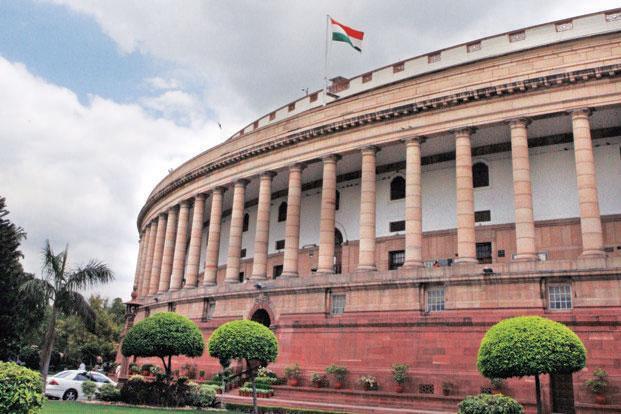
New Delhi: With key reforms such as the goods and services tax (GST) and the bankruptcy code likely to be taken up only in the second half of the budget session, the government is looking to push for the passage of the Aadhaar bill in the first half itself.
A senior government official, who did not want to be identified, said the government is confident that the Aadhaar bill will be passed by 16 March—the day the budget session will break for a one-month recess.
“The Aadhaar bill should get passed in the first half itself. In the second half of the budget session, we can hopefully see the passage of GST and bankruptcy code,” the official said.
After the recess, the budget session will resume on 25 April and go on till 13 May.
The government introduced the Aadhaar (Targeted Delivery of Financial and Other Subsidies, Benefits and Services) Bill, 2016, in the Lok Sabha last week as a money bill to ensure its passage is not stalled by the Rajya Sabha, where the ruling National Democratic Alliance (NDA) is short of majority.
The NDA has the support of 64 members of Parliament (MPs) in the Rajya Sabha out of the total 245 MPs.
The government move is significant because the first two weeks of budget session witnessed bitter tussle between the government and the opposition, especially the Congress and the Left parties.
The bill seeks to make the use of Aadhaar number mandatory for government subsidies, while addressing concerns regarding privacy and protection of personal information.
The government is hopeful that making Aadhaar number mandatory will help plug leakages and bring down its subsidy bill, which has been budgeted at R2.5 trillion in 2016-17. It will also help India’s push towards a cashless economy.
It will also reduce the uncertainty surrounding Aadhaar after the Supreme Court restricted its use to only a few government schemes till a Constitution bench rules on a bunch of petitions that has objected to Aadhaar on the grounds of privacy violation.
The Rajya Sabha cannot make amendments to a money bill passed by the Lok Sabha and can only make recommendations. It also has to return a money bill to the Lok Sabha within 14 days from the date of receipt, thus ensuring a time-bound process. Further, such bills cannot be referred to a joint committee of Parliament.
This is the second time the government has opted for the money bill route to ensure that the bills do not get stuck in the Rajya Sabha.
It had brought in the Black Money (undisclosed foreign income and assets) and Imposition of Tax Bill, 2015, as a money bill. It had also initially considered bringing the Insolvency and Bankruptcy Code 2015 as a money bill but decided against it.
While the black money Act has been enacted, the bankruptcy code is with the standing committee.
Political analysts feel that the NDA government is constantly in conflict with opposition parties, which will affect its legislative agenda.
“If the Aadhaar bill was taken to Rajya Sabha, the opposition parties would have supported the bill. The government is constantly in conflict with the opposition, and it will only affect the performance and legislative agenda of the government. The Bharatiya Janata Party (BJP) is no longer the party in opposition; it should realize that it is in power,” said Abhay Kumar Dubey, a New Delhi-based political analyst associated with the Centre for Study of Developing Societies (CSDS).